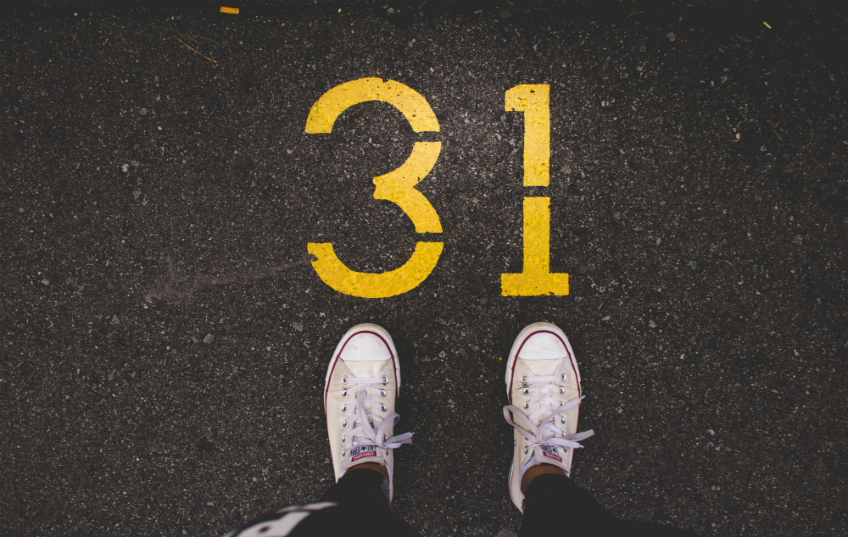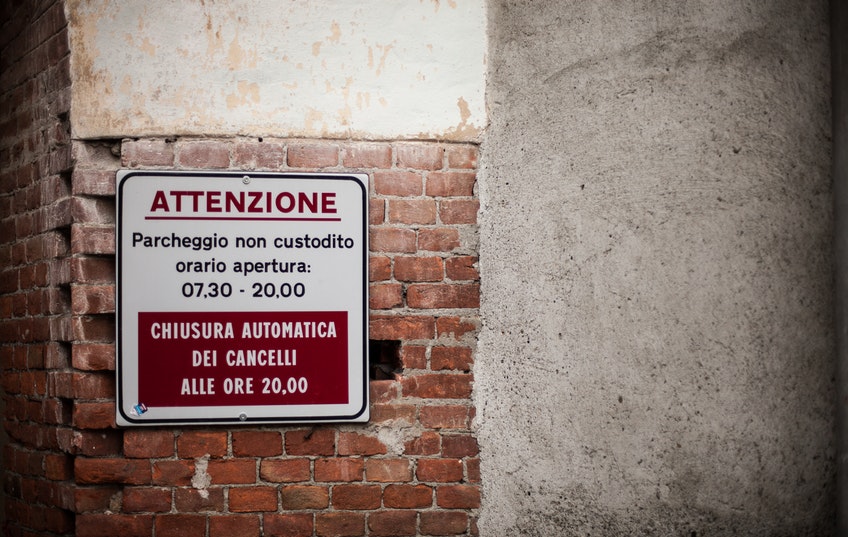The Museum of Knowledge explains the best way to learn a new language within 31 days. Budding linguists could first try to find an appropriate balance between studying grammar and the structure of the language.
Communicating with expert linguists
It is also important to communicate with expert language speakers. A key factor to remember is that a native speaker does not equate to enjoying robust grammatical techniques. Students need to seek a highly proficient individual with whom the learner can communicate with ease.
Learn new concepts
Students should also adjust their language learning parameters and learn new concepts thoroughly. Language learners should be able to recall and effectively use language principles. This facilitates developing language competency in new and varied scenarios.
Create a study plan
Language learners should adjust and adhere to specific goals and a clearly defined study plan. A language study plan will ensure the student is able to focus on key tasks that will be carried out each day and expected achievements as goals are attained. Each day students should see how their language skills may be improved and how they can gradually begin to speak the language they are learning with greater fluidity.




